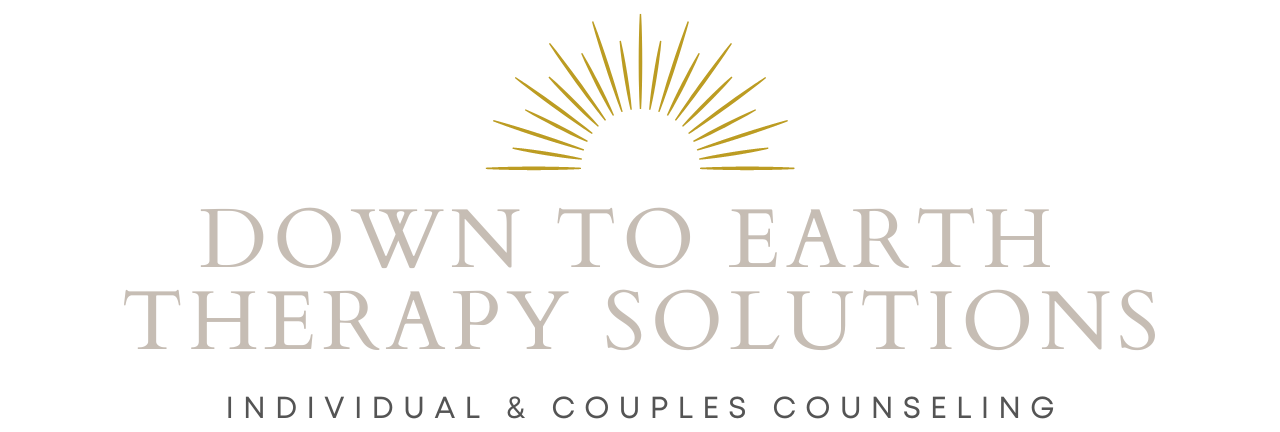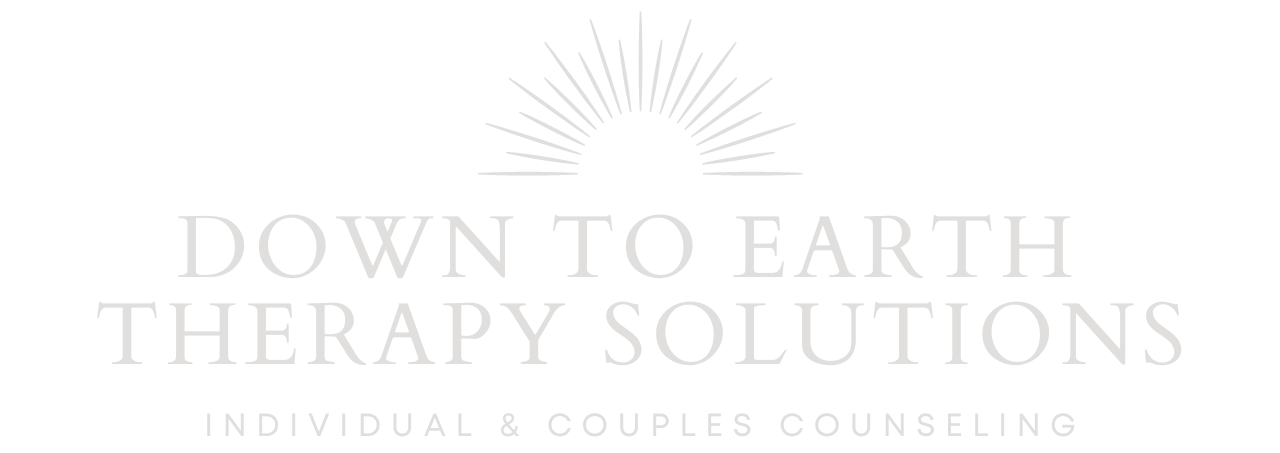When watching a new TV show, listening to a podcast, or just generally talking to someone
learning something new is a given. Sometimes something new is something we haven’t
heard of. And even sometimes we don’t ask what that thing means, and we just grab context to
figure it out. I mean who wants to have that moment when someone says, “You don’t know what
that means?” Before long maybe we’re using that term too, not fully knowing what it means. Think about it, how many times have you heard the term narcissistic and didn’t fully get what that
means?
It’s clear that psychology and mental health-related issues and terms are becoming more widely
used and accepted. The stigma is changing regarding these things and more understanding of
symptoms people are managing is spotlighted for understanding overall. When it comes to
mental health, it’s easy to get lost in a sea of terms, concepts, and phrases. Psychology, like many
fields, uses a lot of technical language so that those in the field all know we’re talking about the
same thing at the same time. While these coin terms or words might sound super impressive, it’s
important not to get too caught up in them without fully understanding what they mean. In fact,
over-relying on jargon can sometimes cloud the real meaning behind what we’re trying to say. So
let’s break down how you can stay grounded overall even when talking about mental health or
counseling-related topics.
1. Be Cautious of Overuse
Psychology terms are meant to be tools for understanding behavior, but they can quickly become
a crutch in hoping that others around just know what is meant. A big vocabulary word to
describe an experience isn’t really describing the experience. In discussions about mental health,
it’s easy to hear someone toss around terms like “depression” or “anxiety” but these words can
sometimes lose their true meaning when used too freely or aren’t personalized to what is actually
going on.
For example, one person’s anxiety is another person’s adrenaline rush. Someone can describe
feeling anxiety as sweating, increased heart rate, stomach feeling upset or flopping, jittery, and
can’t sit still. Are all those symptoms associated with anxiety? Yes. Are they also associated with
excitement and thrill? Yes.
Another example, many people casually say, “I’m so OCD” or “I’m so depressed” without
having a true understanding of what those conditions really entail. OCD (Obsessive-Compulsive
Disorder) isn’t just being “neat” and depression isn’t simply feeling sad for a couple of days. It’s
important to make sure you’re using these terms with awareness so that you don’t oversimplify
something that’s more complex.
2. Focus on What the Terms Are Trying to Explain
Rather than focusing on the term itself, focus on what it’s describing. For example, “narcissistic”
might sound like a mouthful, but it essentially describes someone with a particular personality
disorder that describes that pattern of harmful behaviors they engage in. Saying your ex was
narcissistic when you had a bad breakup isn’t helpful in describing what happened. Most people
can’t define what a narcissistic personality is without using other coin terms like gaslighting.
Instead of stressing over the term, think about how it relates to your own experiences. Have you
ever believed someone had a particular way of responding to situations that lacked accepting
accountability and blamed others for their own choices? That can be a way better description
than just using a big word.
3. Use Mental Health Resources that Explain Things Simply
If you come across a term or concept that you’re unsure about, don’t be afraid to dig deeper into
its meaning. Look for resources that help explain these ideas in plain language. In language that
you understand and use regularly. There are plenty of mental health websites, podcasts, and
books aimed at educating people without overwhelming them with jargon. Also, this helps you
gain a better understanding in general when discussing topics in that area.
Sometimes, mental health professionals will even encourage you to ask them to explain concepts
in simpler terms, so don’t hesitate to ask for clarification. Understanding the why and how behind
psychological terms is far more important than memorizing their definitions. No one has an end
all be all knowledge. Clarifying and working towards understanding is helpful and gives your
own understanding of sometimes complex terms and ideas.
4. Stay Connected to Your Own Mental Health
While learning psychology terms is interesting and can certainly help you understand mental
health more deeply, the most important thing is to stay connected to your own experiences. It’s
not just about checking off symptoms in general. It’s more about checking in with yourself often
to reflect. Rather than focusing on labeling yourself or your experiences with specific terms, try
to stay aware of what’s going on inside you.
Ask yourself questions like:
How do I feel daily
What triggers my stress, anxiety, or sadness?
What could help me manage differently?
What makes me happy or motivated?
These kinds of questions encourage self-awareness and self-compassion, which are foundational
for good mental health. Labels are secondary to actually tuning into your actual needs.
5. Avoid Relying on Terms to Diagnose Yourself
It’s tempting to Google things to try to get to the root of what we are experiencing. Self-diagnosing
is a thing and can be dangerous along the way. While it’s natural to want to have some explanations, we can have the tendency to jump to conclusions and end up with a list of more questions than answers. Psychological conditions are complex and vary from person to person.
If you find yourself struggling with mental health concerns, it’s best to talk to a professional. A
first stop could be your primary care physician, and they might be able to point you in the direction
of what to do next. A therapist or counselor can also help you navigate any feelings or behaviors
you’re concerned about and offer a clearer perspective than any Google search can. Keep in
mind that everyone’s experience with mental health is unique, and a trained professional will
take the time to help you understand your individual needs. What works for one will not work for
all and it’s a journey of investigation and self-discovery that is very personal to each person.
6. Mental Health Isn’t Just About Labels
At the end of the day, mental health is about people—not terms. With each term, there is a person
standing in front of you. We don’t want to label let alone mislabel someone or something that is
experienced. While understanding concepts can deepen our awareness of how our minds work,
it’s the real-life struggles, growth, and healing that matter most. Therapy, support, self-care, and
understanding ourselves as complex individuals are the core of mental health work. Although we
need a common language to know we’re all basically talking about the same thing we are talking
about real, individual people and their experiences and perspectives.
By focusing on your personal journey and not getting lost in the terminology, you’ll likely find a
deeper understanding of yourself—and of mental health in general. Instead of focusing on
getting each term exactly right, focus on understanding how it applies to your experiences and
how you can improve your well-being.
7. Keep It Simple
Psychology terms are valuable, make sure you can break down the word into experiences. Jargon
and technical terms should never replace lived experience or overshadow what really matters in
mental health: understanding yourself, growing through challenges, and seeking the support you
need. Everyone’s mental health journey is unique, and it’s more important to be kind to yourself
and others than looking witty and knowledgeable.
Remember, you don’t have to be a mental health expert to take care of your own well-being.
Sometimes the most meaningful steps forward come from simple acts of self-compassion and
self-awareness.




